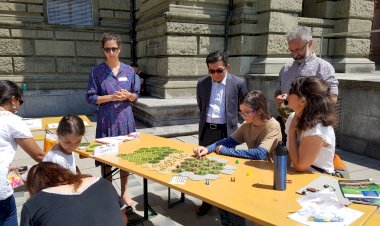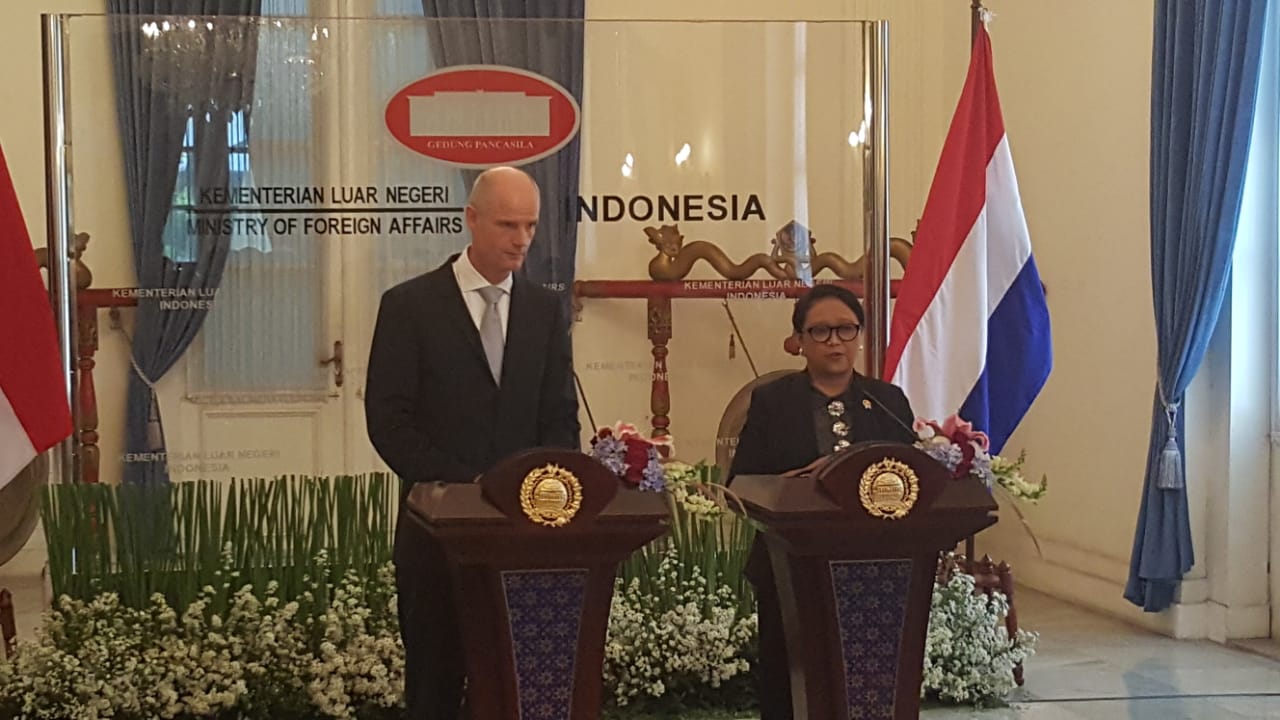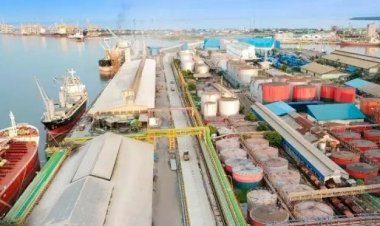Surfactant, a Smart Key to Boost Downstream Industry
Palm oil is one of the world’s most commonly used vegetable oils, present in food and consumer products, from snacks to cosmetics.

Palm oil is one of the world’s most commonly used vegetable oils, present in food and consumer products, from snacks to cosmetics. One of its derivative products is Surface Active Agent (Surfactant) which is used in petroleum industry, detergent industry, etc.
Surfactant products have made palm oil value increased 70% to 80%. These downstream products have also made palm oil-based surfactant high-value commodity since it is more efficient than petroleum-based surfactant.
Commonly, surfactant which is disynthesized from petroleum and natural gas has negative environmental impacts. On the contrary, palm oil-based surfactant is eco-friendly. That’s why innovation and development of palm oil-based surfactant is deemed necessary.
According to Dr. Dwi Setyaningsih, a researcher from Bioenergi Research Centre (SBRC) of IPB University, innovation and development is needed to generate renewable products from palm oil. The research is fully supported by the Indonesia Oil Palm Plantation Fund Management Agency (BPDPKS). “SBRC IPB has made a strong commitment to develop surfactant from palm oil,” Dwi said at a discussion forum earlier in January 2019 as quoted by InfoSAWIT.
Palm oil-based surfactant is one of the potential alternatives for solving problems in petroleum production process. Various types of derivative products of palm oil-based surfactant have been developed by SBRC IPB to solve problems including surfactant flooding, well stimulation, asphaltene dissolver, well cleaning, and wax removal found in oil and gas industry.
Use of palm oil-based surfactant can also act as stimulant to improve application of palm oil downstream products in various industries in Indonesia, including in food, personal care, detergent industry, and other chemical industries.
SBRC IPB succeeded in developing surfactant from palm oil to solve problems in petroleum production process. These include limited oil recovery, wax deposit, asphaltene deposit, sludge deposit, and emulsion problems.
Use of surfactant in petroleum industry is also deemed necessary amid decrease in oil production. For this reason, the Indonesia Oil and Gas Community (KMI) has suggested PT Pertamina (Persero) to implement Enhanced Oil Recovery (EOR) using palm oil-based surfactant in trying to increase output. This effort is also a good way to support government’s effort to strengthen palm oil downstream sector. ***



































